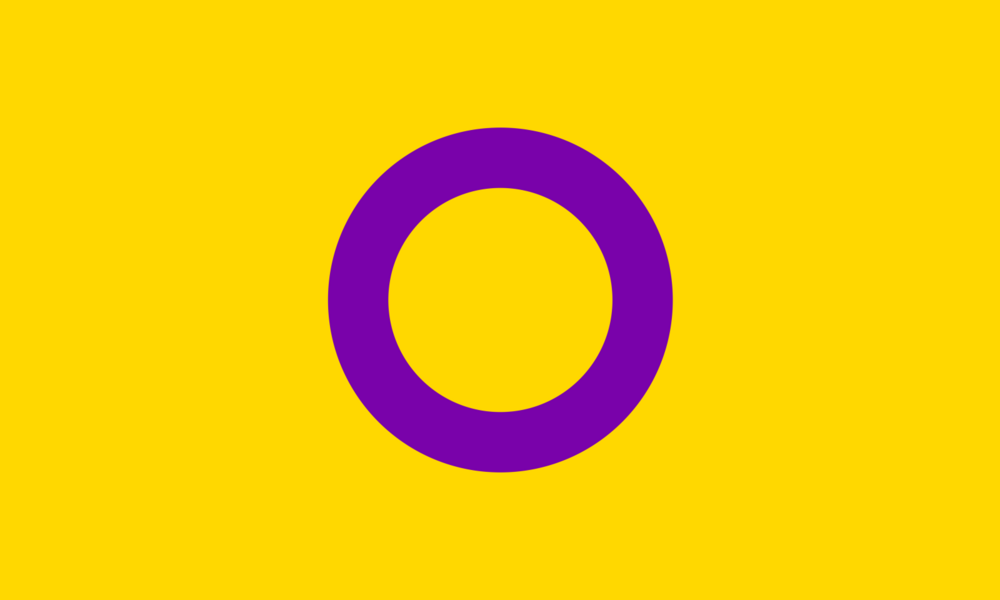About the Project
Beyond Binaries aims to question the currently dominant approaches of traditional Muslim scholars and the orientalists which predispose Islam to an unequivocal intolerance of trans-genderism or non-binary sex/gender divisions. Focusing on Muslim legal discourse, it will demonstrate that Islamic views toward sex or gender are oftentimes surprisingly dynamic. Notably, since the post-classical period (the 14th c. CE), several Shiʿi jurists have categorised intersex people as a third nature (third sex and/or gender). However, the tendency of scholars in the West to delve into classical Islamic sources has left the post-classical and early modern debates on intersex virtually untouched. This neglected idea of a third nature presents a challenge to the binary conceptions of sex or gender in Islamic Studies. This project thus examines the legal assessment of intersex as a third category in Shiʿi law from the post-classical period to the early twentieth century.
Beyond Binaries is grounded in the text-based, historical, and legal-hermeneutical approaches, which make it possible to deconstruct the rigidity of the current debates on sex/gender in Islam by referring to the repertoire of Shiʿi legal sources. The study combines these approaches with a genealogical approach to sex/gender in post-classical Islamic law. Such a combination enables the study to compare the modern phenomenon of intersex with premodern sex/gender categories related to intersex people in Muslim societies. By joining this line of research with the existing scholarship on Islamic law about intersex, the project aims: (1) to make a pioneering contribution to understanding the Islamic legal tradition of the post-classical period to the early twentieth century concerning intersex people; (2) to integrate the missing study of Shiʿi law on intersex identity into the broader field of Islamic legal studies, and provide a vital addition to the common Sunni-based approach to the topic; and (3) to provide a foundation for comparison between intersex identity in Shiʿi and current international laws regarding the third sex/gender category.


